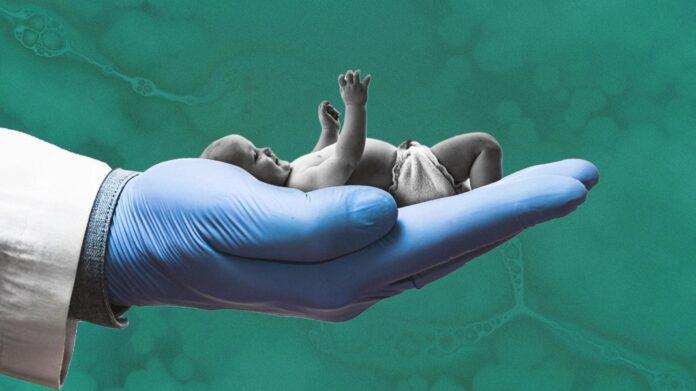In a world where science fiction seems to be turning into reality fast, the latest breakthrough in reproductive biology will perhaps soon change our way of conceiving children. Scientists are now on the cusp of successfully growing human sperm and eggs in the laboratory; a development that could revolutionise fertility treatments and change the very notion of parenthood forever.
Understanding In Vitro Gametogenesis (IVG)
This technology, known as in vitro gametogenesis (IVG), is the reprogramming of stem cells or skin cells to act as eggs or sperm. Although it has only been tested successfully in mice, experts believe that its application in humans could be viable within the next decade. IVG could open new doors for those who suffer from infertility or other medical or physical issues.

The potential benefits are staggering. Infertile couples may no longer need donor eggs or sperm. IVG might even eliminate the age barrier to reproduction, meaning that theoretically older people could have genetically related children. Scientists are also looking at multiplex parenting, where a child could inherit DNA from more than two parents, further blurring the boundaries of what family is.
Read More: Saudi Arabia Suspends Meningitis Vaccine Requirement for Umrah Pilgrims
Ethical Concerns and Genetic Selection
As profound as the scientific possibilities of IVG are, so are the ethical concerns surrounding it. Genetic selection is under the spotlight in the creation of embryos in a lab. Are parents going to desire the design of their children according to preferred traits, selecting for intelligence, height, or athletic ability? Perhaps this is one step to a future that eerily mirrors the dystopian vision in the movie Gattaca.

Another significant ethical issue is solo reproduction. If one person could make both sperm and eggs from their own cells, would that be an extreme form of genetic inbreeding? Some experts claim that such practices should be regulated or banned. Another reason is the potential for abuse in the hands of private companies or governments.
Despite these reservations, public opinion overall remains very encouraging, with vigorous support for lab-grown fertility research if subjected to proper and strict regulation. As startups, such as Conception and Gameto, rush forth to make “lab-grown human gametes” a certainty, society better prepare its mind for the dawn of a novel reproductive era that will redefine ‘family.’
Stay tuned to Brandsynario for latest news and updates



































